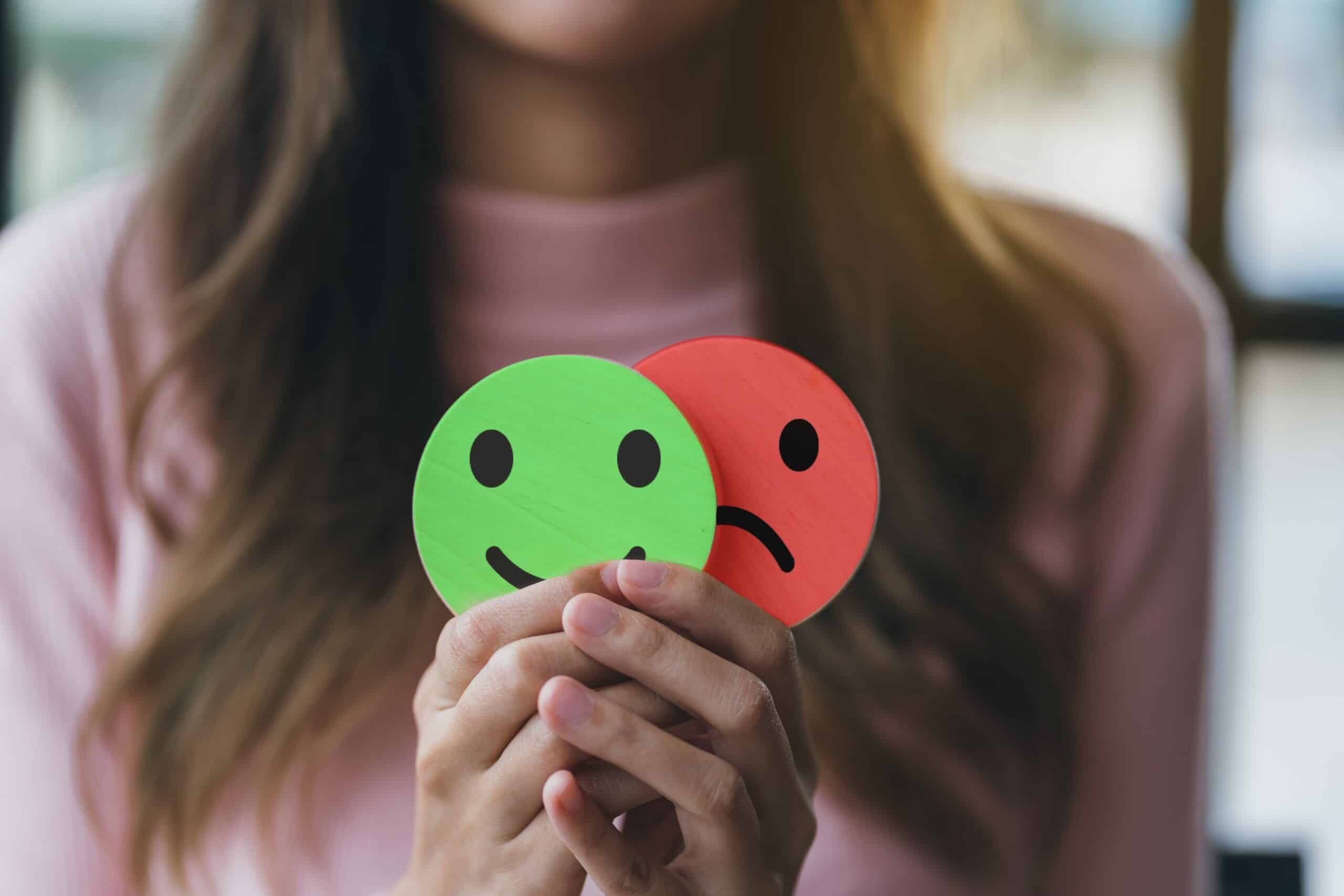Does Bipolar Get Worse with Age?
Bipolar disorder is complex. Hearing this diagnosis can be overwhelming and there may be a ton of questions surrounding it. Does bipolar get worse with age? Does it mean something is broken? Something is wrong?
While it is complex, bipolar disorder is also treatable and does not mean that something is wrong, or broken in the person with this diagnosis. Understanding what bipolar is, and how age can affect its symptoms can be vital to grasp a full understanding of what this mental health condition entails.
What is Bipolar?
Bipolar disorder is a mental health condition. It is characterized by severe mood swings ranging from extreme highs to extreme lows. During these high points (mania or hypomania) feelings of euphoria may be present. Someone may experience elevated energy levels, and even irritability, while the lows are on the opposite end of the spectrum.
When experiencing these shifts in mood, energy, sleep, judgment, and behaviors can be affected. Bipolar disorder has several types associated. Broken down into three main types, they can include mania or hypomania (less severe than mania), and depression.
The symptoms of the different types vary and can be uncontrollable as well as unpredictable. Some people may wonder if bipolar gets worse with age, and this is a valid question. Understanding the symptoms can help to clarify this.
Symptoms of Bipolar Disorder
As previously stated, the symptoms of bipolar disorder vary. Both from person to person and between the different types of this disorder. Breaking down the different types of bipolar disorder will help to show a clearer view of them.
Bipolar I Disorder
According to the Mayo Clinic, Bipolar I disorder is characterized by at least one episode of mania followed by or preceded by hypomania or episodes of depression. There can be instances of psychosis during mania in Bipolar I.
Bipolar II Disorder
This is characterized by one hypomanic episode and one depressive episode, but no full blown mania has been experienced.
Cyclothymic Disorder
This means at least one year (in children and teenagers) or two years (in adults) where there have been many periods of hypomania and episodes of depression.
When it comes to what mania or hypomania is, these episodes are two different things. Manic episodes are more severe than hypomanic and can be more dangerous. However, both of these have the same symptoms.
Manic or hypomanic episodes consist of three or more of these symptoms:
- Increased activity or agitation
- Abnormally upbeat
- Overly confident with overall well-being and self (euphoria)
- Racing thoughts
- Extreme talkativeness
- Distracted/unfocused
- Impaired decision making
- Less need for sleep
Depressive episodes include five or more of the following symptoms:
- Lack of interest in hobbies or life
- Depressed mood
- Restlessness
- Lethargy
- Fatigue
- Insomnia or hypersomnia
- Drastic and unexplained weight loss
- Problems thinking clearly
- Suicidal thoughts or attempts
Typically diagnosed in teenage years or early adulthood (20s), as time goes on the symptoms of bipolar can change and vary from person to person. But does bipolar get worse with age?
Does Bipolar Get Worse with Age?
Asking whether or not bipolar gets worse with age is a valid question. Like any untreated disease, bipolar can have some severe impacts on someone’s life as time progresses. Treating the disorder and managing its symptoms can be helpful in preventing some of the complications that may be experienced over time with bipolar.
Undergoing trauma therapy and utilizing medications can help keep the symptoms at bay and prevent relapse. Again, leaving this disorder untreated can cause the symptoms of bipolar to get worse with age. This is why it is crucial to have proper care once a diagnosis has been given.
How to Know if Bipolar is Getting Worse
A person who suffers from this disorder will know what their episodes look and feel like. This makes it easier to identify any changes in them. As bipolar gets worse with age, paying attention to the episodes and identifying any changes is part of knowing it is getting worse.
If there are changes, it is best to contact a mental health professional who can help to alleviate the symptoms before they become problematic. Asking friends and family who are close to look out for any changes can also help to identify if bipolar is getting worse with age. Seeking professional guidance as quickly as possible can help these symptoms from becoming unbearable.
Get Bipolar Treatment in Lexington, KY
Bipolar disorder can be debilitating to those who suffer with it. Leaving bipolar untreated can be even more debilitating, and cause the symptoms of the disorder to become unbearable. However, there is help for these symptoms, and ways to manage and make them subside.
At Lexington Addiction Center we offer help to those who struggle with bipolar disorder. Our program can help you find a way to manage symptoms and gain control of your life back. Contact us today and let our professionals help guide you through this phase of getting better.

